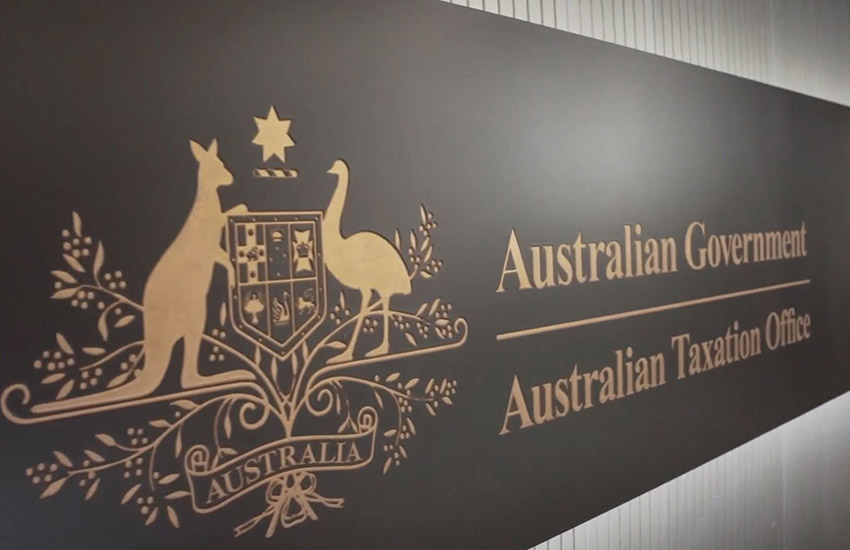The ATO’s performance statistics for the year to 31 October shows that it only managed to finalise 19 per cent of superannuation guarantee employee notification cases within four months of creation, well short of its 60 per cent performance target.
An employee notification case arises when complaints are lodged with the ATO by employees who are concerned that their employer has not paid their super or has paid their super late.
You’re out of free articles for this month
The ATO fared better when it came to finalising these complaints within a nine-month time frame — with 92 per cent of such cases resolved.
Speaking to Accountants Daily, an ATO spokesperson said the agency’s failure to meet its four-month service standard was due to a “significant increase” in complaints from employees owing to the increase in visibility of super information for individuals on ATO online.
This increase in visibility started from March 2019, when individual taxpayers were able see employer contribution amounts and their total super balance through the ATO’s online services through myGov.
To add to that, more individual taxpayers are now using the ATO’s online services as the introduction of Single Touch Payroll has seen the need for individuals to sign up for myGov to view their income statement. The ATO previously estimated that 4 million taxpayers would sign up for a myGov account for tax-time 2019.
“With the increased visibility available to employees through ATO online, we have seen a significant increase in the number of employees advising us that they have concerns that their employers have not met their superannuation guarantee obligations,” the ATO spokesperson said.
“We were unable to meet our 60 per cent completion within four months service standard due to this volume increase. We have responded to this increase by applying more resources to these cases.”
The Tax Office also argued that the complexity of each case could limit its ability to resolve each complaint in a timely manner.
“Practically, this means that where an employee contacts us and provides information that their employer may not have met their obligations, we contact their employer within 28 days.
“We then work with the employer to establish whether they have complied, and if not, the amount outstanding not only for the employee who contacted us but for all of the employer’s employees.
“Our performance targets are intended to be challenging and attainable with effort; however, there are instances where we may not meet a specific target due to a range of factors including the overall volume of requests and the complexity of each case.”
Despite not revealing the number of cases it was currently dealing with, the ATO said it has now issued 1,550 Director Penalty Notices to the directors of 1,129 companies for a total of $101 million between July and October 2019.
In the 2018–19 year, the ATO contacted more than 22,000 employers, raising assessments of over $805 million.
Tax and Super Australia tax counsel John Jeffreys said the ATO’s performance result was “unimpressive”, but he noted that the current public attention towards superannuation entitlements would have caused a large volume of inquiries for the ATO to deal with.
“I think it is fair to say that there is a heightened awareness among the general population about their superannuation entitlements. This includes the amount of superannuation that should be contributed on their behalf and for whom superannuation contributions should be made,” Mr Jeffreys said.
“This heightened awareness has been due to numerous media reports about employees not receiving their full entitlements and superannuation fund advertising.
“I think it quite likely this has increased the number of people that are contacting the ATO about their superannuation.”
The Inspector-General of Taxation last examined the ATO’s handling of employee notification cases in 2010, handing out four recommendations to deal with the timeliness and transparency of dealing with such cases.
The IGT’s office could not respond to a request for comments by time of publication.

 Login
Login







